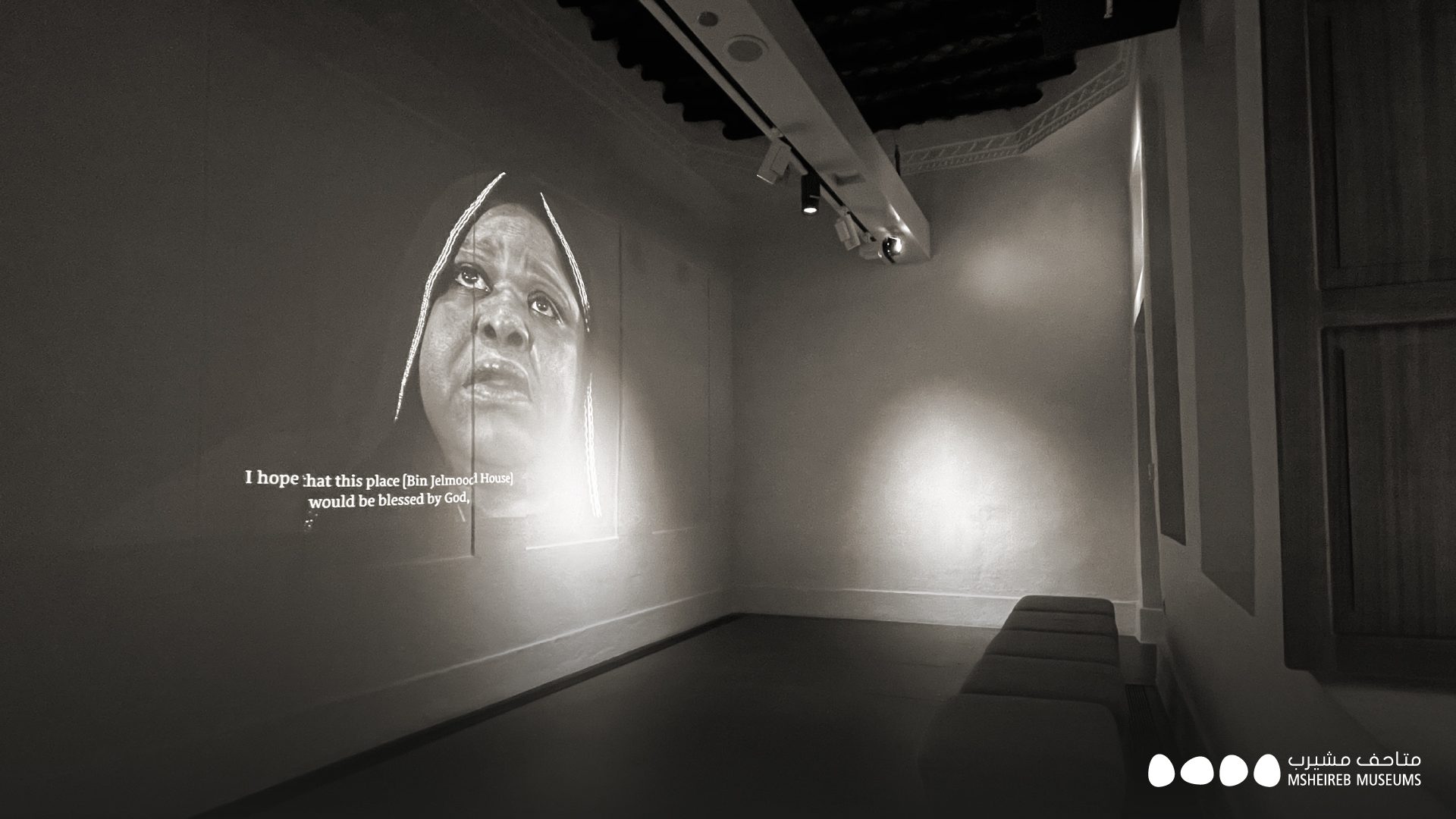Fatma’s inspiring story and folklore art made her one of Qatar’s most iconic females. Today, her death is felt across the country.
Talented, fearless, and a woman with the voice of Common Nightingale: these are all words used to describe Fatma Shadad, one of Qatar’s folk art pioneers and head of the country’s first ever all-women’s music band. The country mourns her death, but her legacy will forever be remembered.
فقدنا اليوم رائدة الفن الشعبي في قطر الفنانة القطرية فاطمة شداد رحمها الله. تعازينا الخالصة لأسرتها الكريمة، سائلين المولى ان يتغمدها بواسع رحمته. pic.twitter.com/6ZX3ig2tep
— Al Mayassa Al Thani (@almayassahamad) November 22, 2020
“Today we lost the pioneer of folk art in Qatar, Fatima Shaddad, may God have mercy on her,” wrote Sheikha Al-Mayassa Al-Thani shortly after news of Fatima’s passing was reported.
Folk music in Qatar owes Fatma Shadad a lot, especially given that she presented the art in a way that was mesmerizing for many whilst preserving its heritage for future generations. Supported by her boldness, she entered the worlds of theater, radio, and popular singing and became an icon.
Shadad’s ambition was to take folk songs to the world, showcasing the beautiful meaning behind them and preserving Qatar’s music history.
“Fatma Shaddad was a true role model. She was feisty yet loving to everyone. Fatma fought to keep an integral part of dying folklore alive and created career opportunities for all the women who joined her centre,” said Shaima Al-Tamimi, a fan.
“I am very saddened by her passing. It is a monumental loss for us all. May she rest in peace.”
Through her talent and music, Shadad was able to inspire so many women, for decades, she was a reference for folk songs that were sung in the country.
Early life:
Music was embedded in Shadad’s life from an early age. She grew up in a musical household, her father was the head of a local band and used to practice and play beautifully around the house, sparking young Fatima’s passion for music and setting her on a musical journey of her own.
“My father’s band did not take any money. They used to do it out of passion. They used to gather together and perform, just out of love for music,” she said in an interview with Al-Rayyan TV.
As a young woman, music was more to her than just art, it was a form of expression, a way to push boundaries and keep the culture alive.
Growing up, Fatima always dreamed of starting a female singing group that would delve into the heritage and history of Qatari music, preserving the art for the next generations so it is never forgotten. However, during that period, creating a women’s band seemed little more than a far fetched dream.
But that did not stop her from fighting for it.

After the death of her father, Fatima’s mother took over the band and asked its members to let her daughters play, a big step in realising her daughter’s dream.
Read also: ‘Qatar Al Fann’ exhibition opens at Fire Station.
With a little determination and a perfect way of persuasion, Shadad was able to form her own band, which was the first step to her musical career. During holidays, the band would tour the country and mesmerize everyone with their talent. From then, Fatima, who was a young woman dreaming about folk music, became one of Qatar’s most iconic singers.
“I want the band to honour Qatar when it performs globally by achieving high success rates and distinction of one hundred percent, especially since audiences who follow the band are always in awe of popular heritage,” said Shadad in 2014 in an interview with Al Sharq.
“The band offers a kind of art that had ceased to exist.”
Her career

Fatma saw her journey as more than just that of music, but rather a look into the country’s history. Throughout her career, she researched extensively about Qatar’s heritage, aiming to present music that would accurately reflect it.
According to Aljazeera, Fatma sought help from the Qatari researcher in lyrical heritage Yousef Bin Hassan to know more about the country’s traditions and how to accurately present folk music.
One of her most prominent songs is “gharby hawakom ya ahl el Doha” or “غربي هواكم يا أهل الدوحة” which was sung by almost every folk artist in the region, and was even used to welcome Qatari delegations abroad.
Shadad also pushed gender boundaries, fighting for women’s rights in the music sector. Throughout her career, she provided numerous women with jobs and opportunities, aiming to set an example for younger people and those aspiring to follow in her footsteps.
Read more: Third Katara handicrafts exhibition unfolds global talents
When asked by Alaraby about what her title as a female Qatari folk singer means to her as someone living in a conservative society where women rarely enter the artistic arena, she said “many of our people consider singing and art a defect, but I never looked at it that way, I always knew I was born to sing and to preserve the Qatari singing heritage from extinction and pass it on to the next generations.”
In 2014, Fatima Shadad said that the band succeeded in shedding light on a number of women’s folk art that had disappeared for decades, making her dream of reviving folklore in the country a reality.
Follow Doha News on Twitter, Instagram, Facebook and Youtube







